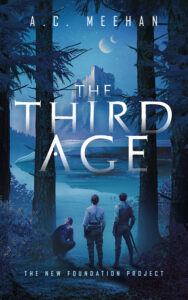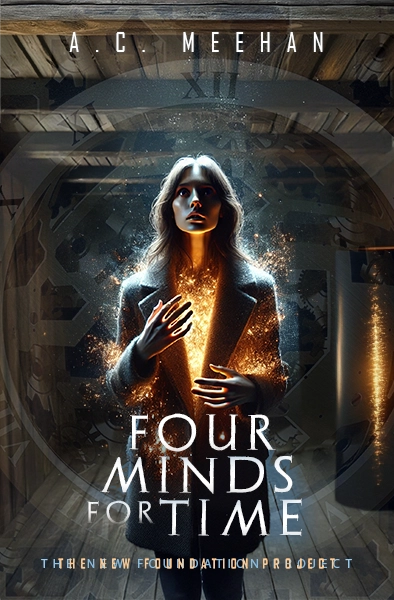It’s not an obsession, this thing I have about apostrophes. It’s just that the poor things are so misunderstood and misused! When I notice one in the wrong place, I can’t get it out of my mind. It’s the same feeling I get when I’m visiting someone’s home and the pictures are crooked on the wall. It just wouldn’t be polite to walk past the host to straighten that family portrait. But if the opportune moment comes, I’ll furtively give the low corner a little nudge. No such chance to subtly assist the authors of the lost apostrophes scattered on the internet.
Wikipedia’s entry on apostrophes is a great read. It gives a very thorough explanation of the rules, and of course, also explains the differing viewpoints about said rules. It’s also full of fun facts:
- “The apostrophe was introduced into English in the 16th century in imitation of French practice.” And thus the French gleefully inflict a petty annoyance on English speakers.
- There is an Apostrophe Protection Society.
- Its founder won an Ig Noble award for “efforts to protect, promote and defend the differences between plural and possessive”. (I didn’t know about Ig Noble awards — Wikipedia says they “are given each year for ten unusual or trivial achievements in scientific research. The stated aim of the prizes is to ‘honor achievements that first make people laugh, and then make them think.'” I now have a new ambition.)
- There is a word in German for misused apostrophes: Deppenapostroph — inspired by the errors in imported English marketing language. So the apostrophe-inventing French scored one on the Germans, too, and managed to get the English to take the blame for it.
- “The spelling fo’c’s’le, contracted from the nautical term forecastle, is unusual for having three apostrophes. The spelling bo’s’n’s (from boatswain’s), as in Bo’s’n’s Mate, also has three apostrophes, two showing omission and one possession. Fo’c’s’le may also take a possessive s – as in the fo’c’s’le’s timbers – giving four apostrophes in one word.”
Not sure any of this will ever show up in Trivial Pursuit, but I’m ready.
The lost apostrophe that triggered my trip to Wikipedia this evening was from a comment on Pinterest. Now published for eternity is the word “Ya’ll”. My eyes tripped over it as I was scanning, and although it quickly became obvious, I first read it as a contraction of “Ya will” — and the rest of the sentence made no sense.
Maybe apostrophes were commas in a former life, and that is why some of them are condemned to wander aimlessly through English sentences. If they were good commas that successfully brought clarity to complicated conjunctive clauses, they have become periods and are now widely understood and (mostly) correctly used. If they were Oxford commas that were never used when they should have been, though, they come back as apostrophes. They are doomed to cause confusion and the appearance of poor education (which is very sad for punctuation marks — they really want to be helpful), and can only be released to punctuation Nirvana when someone posting on the internet realizes the mistake and corrects it.
Y’all, this one’s for you.



